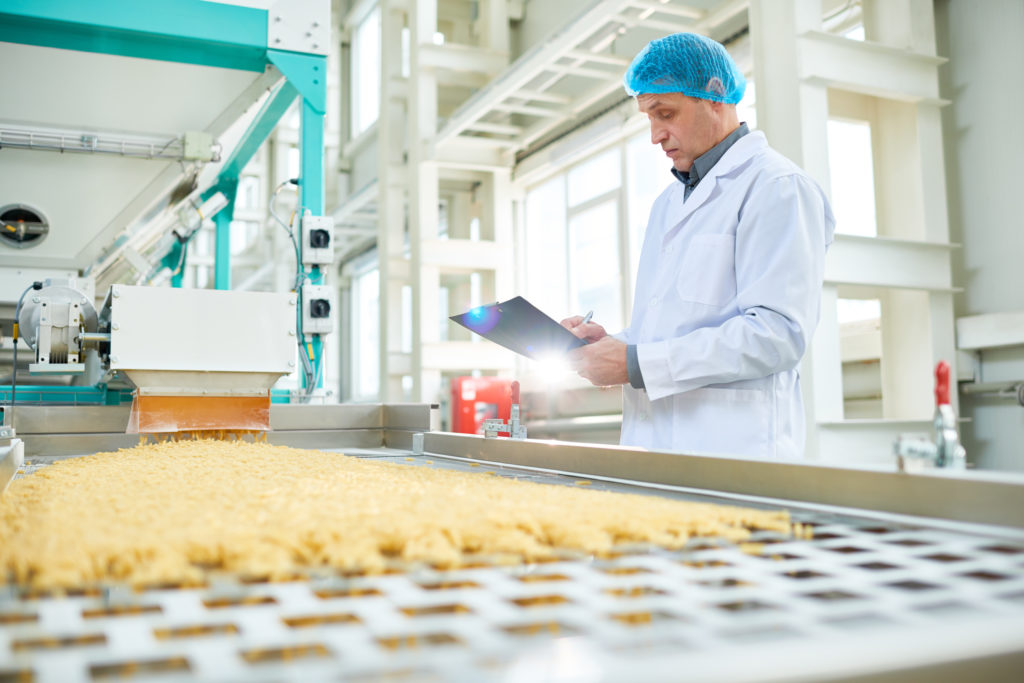A strict new food traceability rule is set to become official on November 7, according to the US Food and Drug Administration (FDA). The new rule will make it easier to trace foods that are often linked to foodborne illnesses, including: cheeses other than hard cheese, crustaceans, cucumbers, finfish, fresh herbs, fresh-cut fruits and vegetables, leafy greens, melons, mollusks, nut butters, peppers, ready-to-eat deli salads, shell eggs from domesticated hens, sprouts, tomatoes and tropical tree fruits.
To make these high-risk foods safer, the rule requires a detailed account of food origins and movements throughout production, processing and shipping, even as these foods are transformed into other food products or as other foods are added to them. These specific foods present special challenges, as many foods trace back through multiple processing stages.
This extensive and detailed level of record-keeping to trace foods is often nearly impossible with pencil and paper or even with ordinary spreadsheets. In order to trace foods consistently, barcoding has never been more important. Barcode data systems offer affordable, robust, user-friendly solutions that trace product origins and destinations from end to end.
Related: Are Voluntary Food Recalls Truly Voluntary?
For example, when a whole salmon becomes filets and then salmon cakes, each part of the process will need to trace back to the fish and the boat from which it came. Similarly, when fresh fruit is sold to a company that makes fruit salad, the salads will have to be traced back to the grower, with every transfer recorded.
The goal is to store data points efficiently and reliably, which will be called “Key Data Elements” (KDEs). The stages in the production process are referred to as “Critical Tracking Events” (CTEs). Collectively, the CTEs include growing, receiving and transformation, which are then further broken down into detailed subcategories.
Growing KDEs include growing area coordinates, taxonomic names of the seeds and a lot code designated by the farmer. Receiving KDEs will include a location identifier and description, quantity, name of transporter and a list of all receivers during processing. Lastly, transformation KDEs will include location and product traceability identifiers and a summation of the total processing records.
So why is this new rule necessary? The current food recall system in the US takes a dangerously long time. According to the US PIRG, information delays and overall inefficient communication channels mean news of serious food recalls can take a while to reach grocery shoppers, resulting in 48 million foodborne illness cases each year.
This year alone has seen several foodborne illness outbreaks. Last month, a batch of Vidalia onions were recalled by the FDA after it was found that they contained Listeria. Jif Peanut Butter and the brands associated with it saw a multi-state recall due to Salmonella. Even Coors Light was recalled earlier this summer for issues related to quality.
Now, the FDA is hoping to revolutionize how producers and consumers trace foods in order to curb this epidemic of outbreaks before they can begin. While the agency acknowledges this will force changes away from old-fashioned paper-and-pencil record keeping, it posits that the financial benefits will far outweigh costs as traceback time is reduced by up to 84 percent.












Join or login to leave a comment
JOIN LOGIN